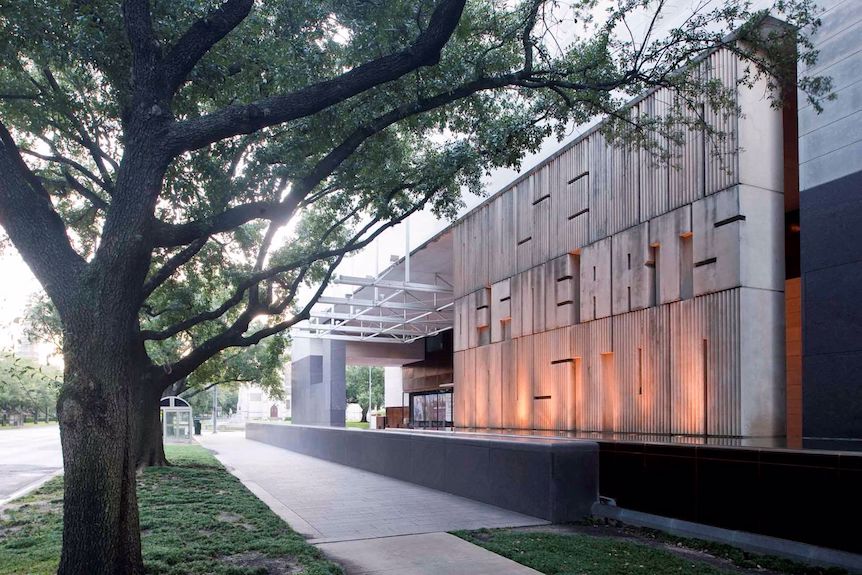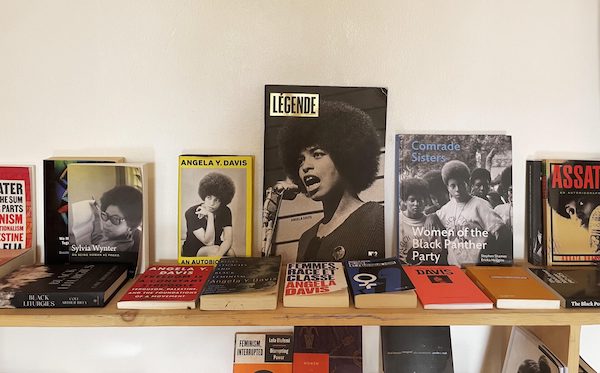Introduction
The AFIELD Transitional Justice grant offers four grants of $10,000 each. These grants support artistic and cultural projects that engage with and contribute to transitional justice processes in various contexts.
Understanding Transitional Justice
Transitional justice addresses significant past abuses within a society, aiming to establish accountability, provide justice, and facilitate reconciliation. This concept was first defined by legal scholar Ruti Teitel in the 1990s. The process supports victims, survivors, and perpetrators, acknowledging their complex identities and striving to uphold their rights and dignity.
Role of Artists in Transitional Justice
Artists play a crucial role in transitional justice by collecting and documenting conflict data. They help maintain crucial archives that support justice efforts. Cultural initiatives provide healing opportunities and preserve memories, contributing to reconciliation and repair through various forms of engagement and repatriation.
Previous Initiatives and Learning
Prior to this grant opportunity, AFIELD hosted an online seminar featuring artists, legal professionals, and scholars. The three-day event included eleven presentations that offered insights into cultural initiatives aimed at achieving justice. These sessions highlighted the valuable contributions of artists to transitional justice.
Call for Applications
Artists and cultural workers are invited to apply for the grant with projects or viable ideas that contribute to transitional justice. The application must be completed online, and early submission is encouraged as only the first 50 submissions will be considered.
Important Dates
- 15 April: Launch of the Open Call for AFIELD Transitional Justice Grant
- 19 May: Submission/application deadline
- 30 June: Announcement of selected projects











